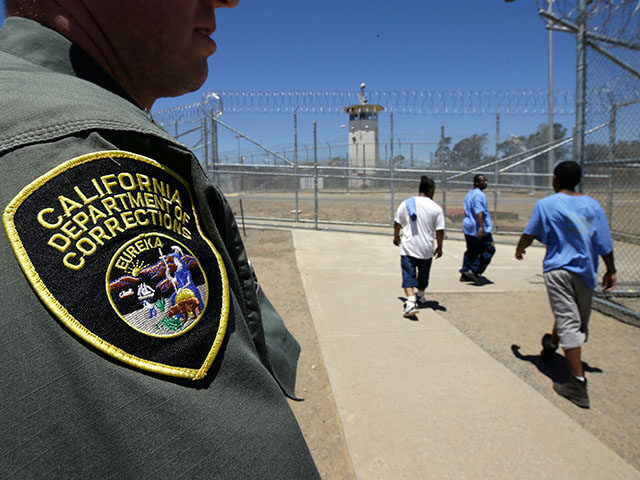Vice President Kamala Harris opposed an anti-gang measure in 2000 that Californians overwhelmingly supported.
Proposition 21 passed with 62 percent support.
Harris, however, ran for district attorney in 2003 on condemning the law as being “one of the few prosecutors in California to stand up against Proposition 21.”
She opposed the proposition because it allegedly “forced more young people unnecessarily into prison.”
The proposition changed how the law treated juvenile offenders, according to California’s Legislative Analyst’s Office (CLAO). It specifically changed laws for “gang-related offenders, and those who commit violent and serious crimes.”
Below are the exact changes, per the CLAO:
- Requires more juvenile offenders to be tried in adult court.
- Requires that certain juvenile offenders be held in local or state correctional facilities.
- Changes the types of probation available for juvenile felons.
- Reduces confidentiality protections for juvenile offenders.
- Increases penalties for gang-related crimes and requires convicted gang members to register with local law enforcement agencies.
- Increases criminal penalties for certain serious and violent offenses.
Scholars have praised the measure, despite opponents who argued it was wrong incarcerate children for longer periods of time.
Wendell Husebo is a political reporter with Breitbart News and a former RNC War Room Analyst. He is the author of Politics of Slave Morality. Follow Wendell on “X” @WendellHusebø or on Truth Social @WendellHusebo.

COMMENTS
Please let us know if you're having issues with commenting.